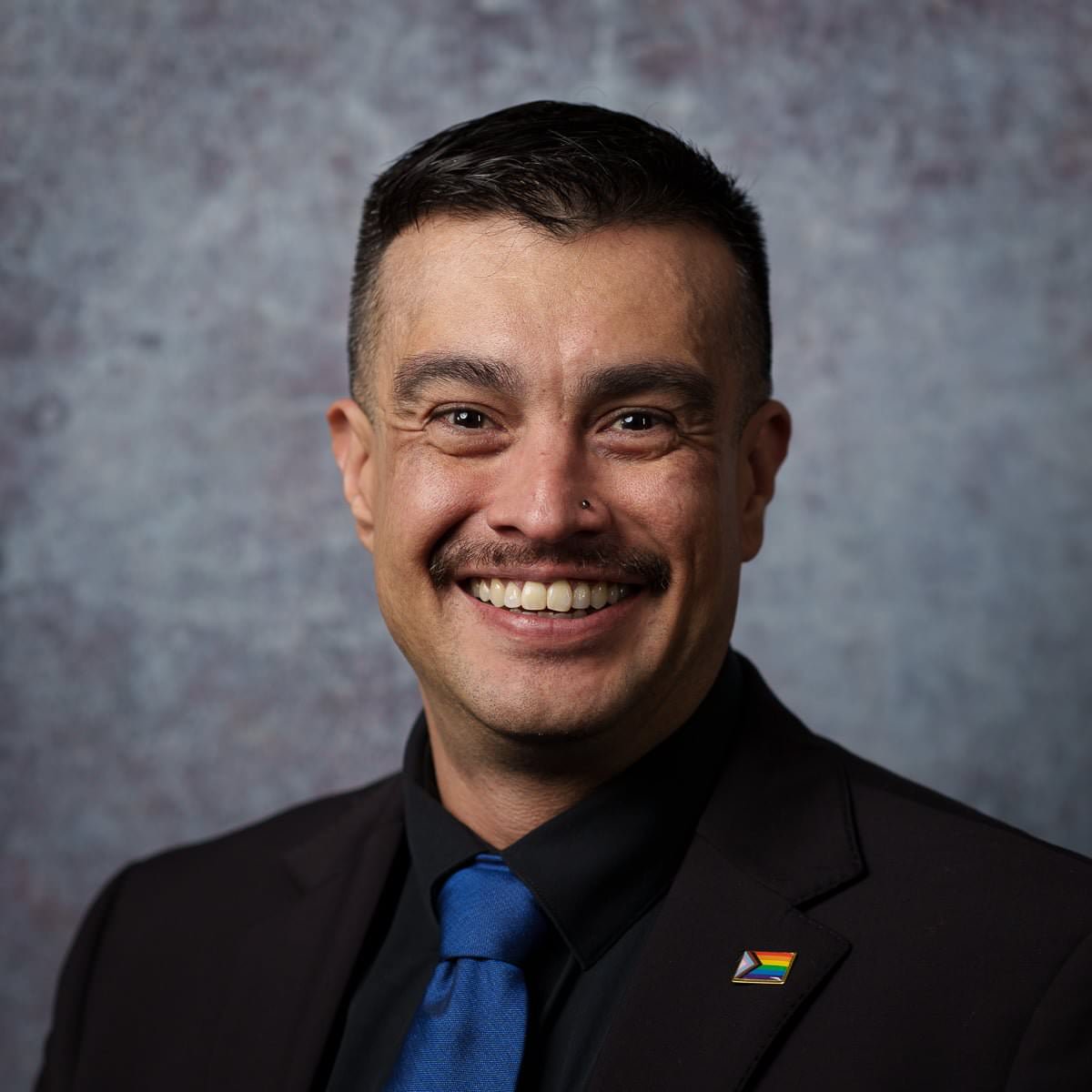A Journey of Recovery: Living with HIV for Over 20 Years
When I received my diagnosis in 2003, my doctor said that he had “some good news and some bad news” to share with me.
The bad news: I was HIV positive.
The good news: they had caught it before it could progress to full-blown AIDS.
I didn’t know it then, but this moment was the jumping-off point of a tumultuous journey — one that would plunge me further into the depths of substance use and health struggles before ultimately pivoting to recovery.
In those initial days, I didn’t have the resources or the education I now know would have supported me in navigating the early complexities of living with HIV. (And to be honest, I don’t know if I would have accepted help then even if it had been offered to me. I wasn’t ready.)
The gravity of my situation didn’t sink in until I started to recover from substance use. Without the protective veil of mind-altering drugs and alcohol, I had to face not only the nature of my use, but also the alarming reality of my physical health.
According to the blood tests, my CD4 count was teetering at a precarious 230. (A CD4 of 200 T-cells per millimeter of blood or less is the critical juncture at which HIV infection can advance to AIDS.) The doctor’s words soon lost shape and meaning as waves of guilt, shame, and anger washed over me. My head swam as I tried to reckon with the fact that AIDS was a real possibility for me.
The clinic offered nothing resembling guidance or counsel to help me through the emotional turmoil of that experience.
That day is, at best, a blur in a memory otherwise clouded by the desperate desire I felt to escape my fear, isolation, and heartbreak. I disappeared into the only coping mechanism I had at the time — using drugs and alcohol.
I awoke the next day, naked and surrounded by past-due bills. There were eviction notices slapped to my apartment door.
It was only through the intervention of a caring and compassionate community that I gained access to resources, valuable knowledge, and support that would prove vital to my well-being.
There were moments when I didn’t think I could afford my expensive medication anymore – it had become economically impossible. But this community rallied, pitching in financially or giving me a few tide-over pills until I could secure consistent access to medication.
I now have a better understanding of how to use insurance and other resources to make incredibly expensive medication more affordable. Through the combined grace of community support and modern medicine, I am living a healthy life today. My viral load is undetectable, and my HIV is non-transferable.
Here’s the thing: my status isn’t a limitation so much as a call to self-awareness in my everyday life. I am mindful of my stress levels; I make intentional choices about diet and exercise; I check in with support systems. I know that these tools can enrich or detract from my quality of life – it’s all about how I use and prioritize them. I would encourage others walking a path like mine to find healthy and sustainable ways to practice self-care, too.
Today, on World AIDS Day, we use our collective voice to raise awareness about HIV and AIDS, emphasizing the significance of regular testing and ways to access life-saving medication.
I offer my own experience as a testament to the fact that HIV/AIDS can affect anyone – even those who don’t believe they’re at risk. I live in hope of a future with not only a cure, but equitable access to quality care from diagnosis onward.
Faces & Voices of Recovery – through collaboration with recovery community organizations, recovery community centers, and peer recovery support providers – pledges to advocate for equitable and accessible resources and support for those at risk, those living with HIV/AIDS, and those who may struggle with other health issues like mental health and substance use disorders.
Make a commitment to get tested and engage in open discussions about safer sex and syringe use practices with your partner. There are support systems on standby to guide you through the labyrinth of services and resources.
Communities make a difference, and I want to express heartfelt gratitude to you for being part of mine. You have shown me that life goes on after an HIV/AIDS diagnosis — and that there is still so much to look forward to.
For anyone struggling with a new diagnosis, living with an old one, or seeking support, please reach out to me. I am committed to connecting you with a community that cares and provides the support you need.
We can navigate this journey to a healthier and more hopeful future.
Together.

Joseph Sanchez
Chief Program Officer (CPO)
Joseph is a dedicated advocate for recovery and an accomplished leader in the field. He began his journey with the Recovery Alliance of El Paso in 2005 and has since become a respected mentor and trainer for peer recovery support services. With a background in recovery coaching, curriculum development, and training, he's passionate about helping others in their recovery. Joseph also champions the LGBTQ+ community, offering a positive voice against homophobia and heterosexism while openly living with HIV since 2003. His personal mission is to inspire positive thinking and forward movement through motivation, education, and empowerment. As Chief Program Officer, he leads the strategic development and management of recovery programs, fostering a culture of servant leadership and teamwork. Joseph's work extends to creating statewide and national standards for Peer Recovery Support Services.
